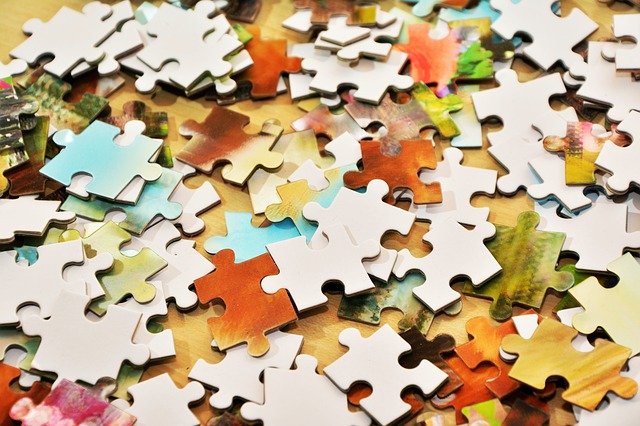
Puzzles are a popular activity for young children and adults alike. At any age, puzzles offer the chance to work toward a goal and, literally, piece together a story or narrative. According to saasgenius.com, with fun shapes and bright colors, large-piece puzzles are a favorite among small children, but they also offer various developmental benefits, as posted below.
Cognitive Development
Cognitive learning is characterized by understanding, coordinating ideas, and realizing knowledge through choice and evaluation. When children play puzzle games, they are aware of the skill of choice and strategy when they begin to understand and carefully comprehend how the pieces fit together to complete a larger picture. Children’s puzzles feature vivid themes and images such as zoo animals, vehicles, characters, or letters in numbers.
Motor Development
Hand-Eye Coordination
While developing fine motor skills, puzzle play requires children to figure out how to make their eyes and hands work together to find the right piece. While the habit of “guess and check” is used to find the right product, the child’s eyes, hands, and mind continue to work to identify the product, grasp it, use it to make sure it fits, and select a new piece if a piece is not ideal.